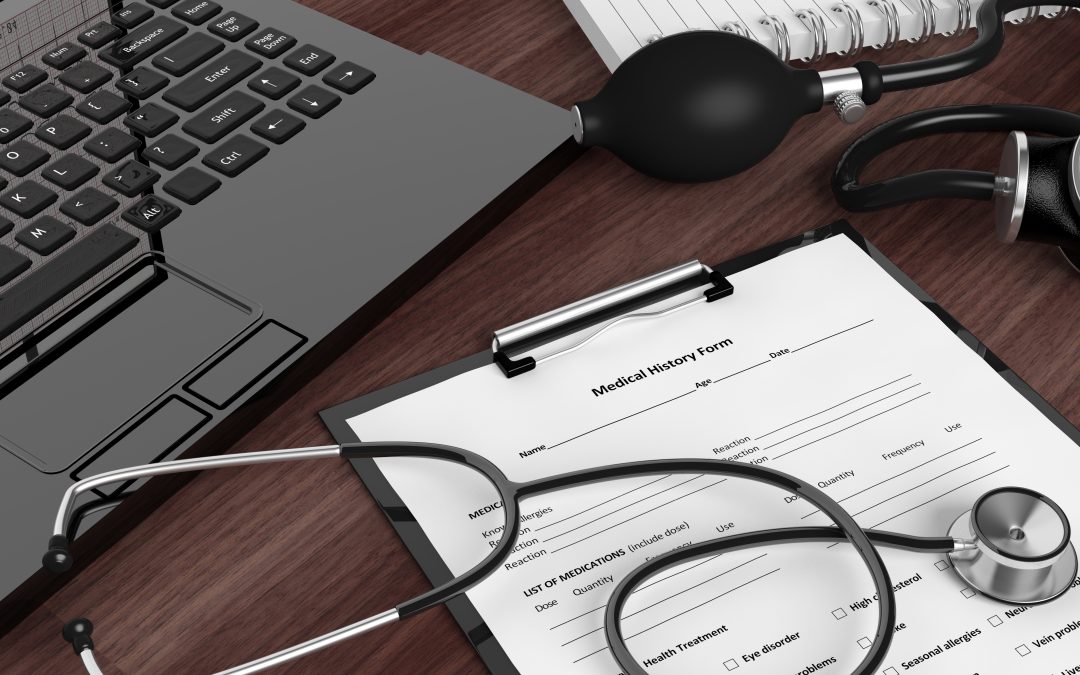Understanding your medical records is crucial for managing your health effectively. Medical records contain detailed information about your health history, treatments, and care plans. This guide will help you navigate your medical records, understand their contents, and use them to make informed decisions about your healthcare.
What Are Medical Records?
Medical records are comprehensive documents that healthcare providers maintain about your health. They include:
- Personal Information: Name, date of birth, address, and contact details.
- Medical History: Information about past illnesses, surgeries, and treatments.
- Medications: A list of current and past medications, including dosages and prescriptions.
- Allergies: Details about any known allergies to medications, foods, or other substances.
- Test Results: Results from blood tests, X-rays, MRI scans, and other diagnostic tests.
- Treatment Plans: Recommendations and plans from your healthcare provider regarding your treatment and care.
- Progress Notes: Updates and observations made by your healthcare providers during visits.
Accessing Your Medical Records
You have the right to access your medical records under the General Data Protection Regulation (GDPR) and the Data Protection Act 2018. Here’s how you can access them:
1. Request from Your GP Practice: Contact your GP practice and ask how to request your medical records. You may need to fill out a form or provide a written request.
2. NHS App: You can access a summary of your medical records using the NHS App. This app allows you to view your allergies, medications, and test results.
3. Patient Online Services: Many GP practices offer online services where you can view your records, book appointments, and request repeat prescriptions.
Understanding Your Records
Medical records can be complex, but understanding key sections can help you gain valuable insights into your health:
- Personal Details: Ensure your personal information is accurate. Incorrect details can lead to misunderstandings in your care.
- Medical History: Review your medical history to understand past conditions and treatments. This can help you and your healthcare provider identify patterns and make informed decisions.
- Medications and Allergies: Check the list of current medications and allergies. Ensure this information is up to date to avoid adverse reactions.
- Test Results: Look at your test results to understand your health status. If something is unclear, ask your healthcare provider to explain the results.
- Treatment Plans: Familiarise yourself with your treatment plans. Knowing your care plan helps you follow your provider’s recommendations and track your progress.
Keeping Your Records Up to Date
Keeping your medical records up to date ensures that your healthcare providers have accurate information. Here are some tips:
- Report Changes: Inform your GP practice about any changes in your personal details, such as a new address or phone number.
- Update Medications: Let your healthcare provider know if you start or stop any medications, including over-the-counter drugs and supplements.
- Provide New Information: Share any new medical information, such as diagnoses or treatments received from specialists or during hospital visits.
Benefits of Understanding Your Medical Records
Being informed about your medical records offers several benefits:
- Empowerment: Understanding your health information empowers you to take an active role in your healthcare.
- Improved Communication: Clear communication with your healthcare providers ensures better care and helps you make informed decisions.
- Enhanced Care Coordination: Accurate and up-to-date records improve care coordination among your healthcare team, leading to better outcomes.
Seeking Help
If you find it difficult to understand your medical records, don’t hesitate to seek help:
- Ask Your GP: Your GP can explain the details of your records and answer any questions you may have.
- Speak to a Nurse: Nurses can provide valuable insights into your health information and guide you through your records.
- Use Online Resources: The NHS website and patient support groups offer resources to help you understand your health information.
Conclusion
Understanding your medical records is essential for managing your health and making informed decisions about your care. By accessing, reviewing, and keeping your records up to date, you can take an active role in your healthcare journey. If you need assistance, don’t hesitate to reach out to your healthcare provider for support.

